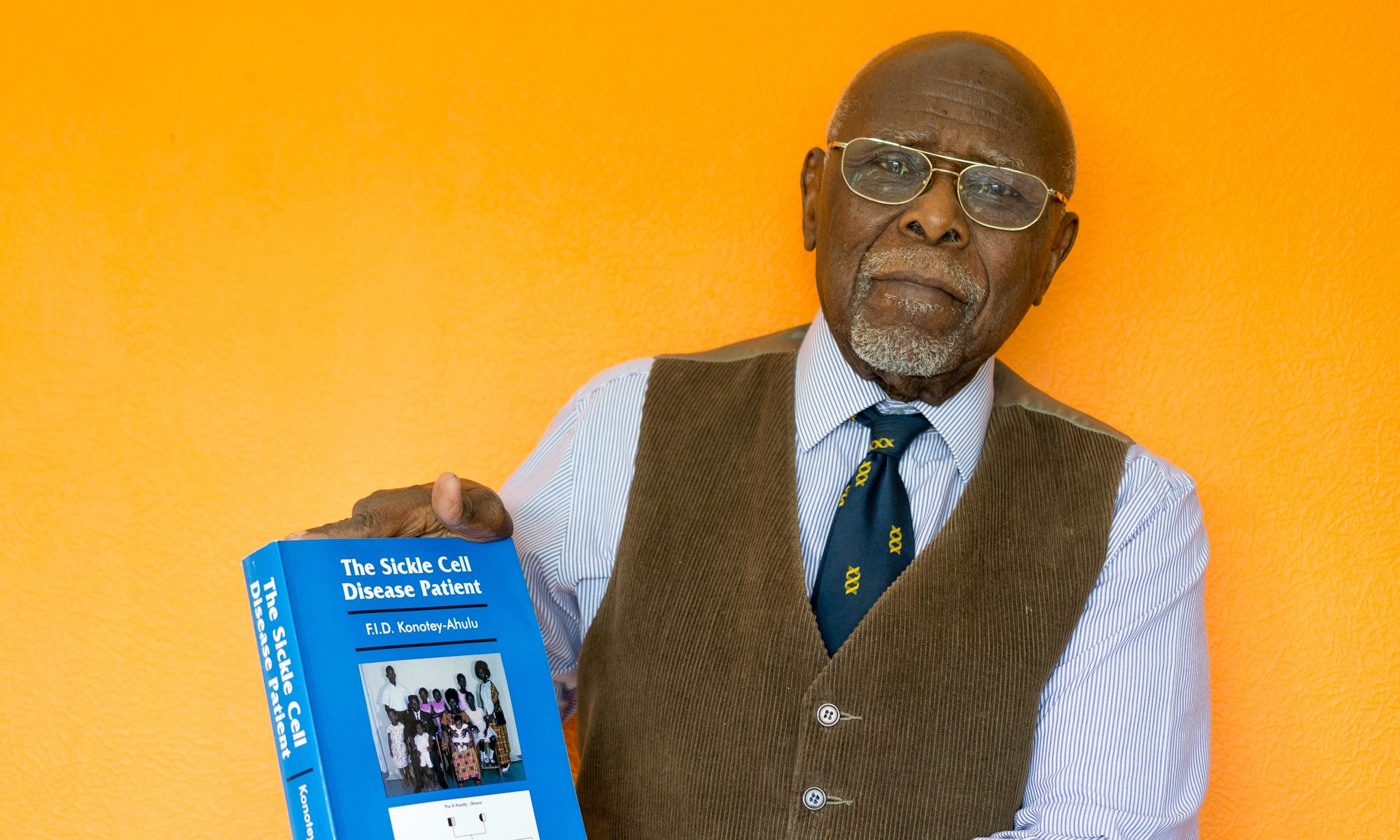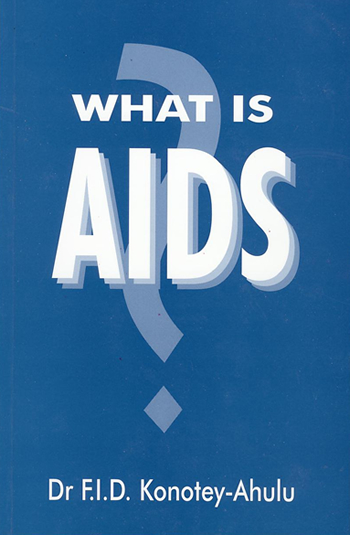Allow me on World AIDS Day to do some self-advertisement which some Akoras may well be pleased I did.
My book “WHAT IS AIDS?” obtainable from Amazon has been commended by some prominent people not only because I was the first person ever to travel through the AIDS afflicted African countries when the Pandemic burst on the world, and interviewed over 120 International Prostitutes on duty, but also published my findings in peer re-viewed medical/scientific journals on both sides of the Atlantic. Just take a look at some of the comments:
- Professor (Justice) Thomas Mensah, Past Chairman of OAA-UK, in his most generous Book Review: “Experts generally find it easy to expatiate on their subjects to the comprehension of their fellow experts. But it takes a truly first-rate expert to make a highly technical subject understandable to laymen, without either trivialising the issues involved or sounding condescending in the process. When the technical subject in question happens to be emotive and encrusted with irrational fears and deeply ingrained prejudices, as is the case with AIDS, then it requires not just deep knowledge but also exemplary courage to undertake the task of discussing and explaining it to the uninitiated. And to be able to do this successfully calls for unique literary skills which one does not normally expect from practising scientists.
“Fortunately for the reader, Dr Konotey-Ahulu brings to the task of writing about Acquired Immune Deficiency Syndrome (AIDS) an unusual combination of professional expertise, rare courage and integrity and supreme gift of language and style. …
“Like the true scientist that he is, Dr Konotey-Ahulu would be the last to claim that his is the final word on the subject or that the prescriptions he suggests for prevention will be either successful or even feasible. What cannot be denied is that he has set the problem of AIDS in a totally different context by giving the individual man and woman, as well as African Governments and the world community in general, the information and perspectives on which to formulate a strategy for the future. For this he deserves the gratitude of all of us. Thomas Mensah”. - Professor Maya Angelou (USA): “Compulsive reading. I could not put it down.”
- Mr J G Amamoo (London): “Scholarly. A remarkable book”.
- Dr Bill Turner (UK): “Excellent! A must for every medical student”.
- Dr Fred Wurapa (Congo): “The story of AIDS in Africa as it should be told”.
- Mr Louis Obosi (Nigeria): “Written for Africans, but should find its way to U.N.O.”
- Professor George Fraser (Oxford): “Excellent book … the most important topic in Medicine currently”.
- Group Captain John Weir (London): “Remarkable book. Easily understood.”
- Mr K Gyang-Apenteng (London): “The most commendable aspect is its sheer readability.”
- Professor Geraint James and Professor Dame Sheila Sherlock (London): “Superb in every way.”
- Dr Nam Dunbar (Oxford): “Clearly dispelled many false notions about the causes and spread of AIDS”.
- Marion McTair (London): “ …a masterpiece of good descriptive writing”.
- Dr Ann Rudwick (London): “… a tour de force”.
All the above is what others have said about my book. What do I myself say about it?
ANSWER:
(a) It is experiential in much of the discourse. What the sex ladies on duty told me is recounted in detail, forcing me to start the book with (Chapter One) TAFRACHER, that unique Ghanaian de-vulgarising prefix-word that I introduced into medical vocabulary in the British Medical Journal in 1975.
(b) Photographs of me examining the sex ladies in their homes after their business demonstrating, with their permission, what AIDS looks like.
(c) Disclosing names of self-confessed scientific liars or lying scientists (Can you identify the 5 names?)
(d) Akoras doing research will find a detailed list of references both of truth and the self con-fessed untruths to include in their work.
(e) The book contains such unusual “stuff” that a lady from “USA TODAY” rang me in London at the Cromwell Hospital to ask “Who funded you to go to African countries to research AIDS?”. When I told her “I went to my bank in South Kensington, London, to borrow money for the 6-week tour to see what is happening at the grass roots on my Continent” she appeared less interested and hung up.

